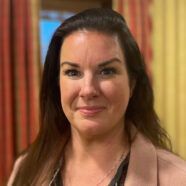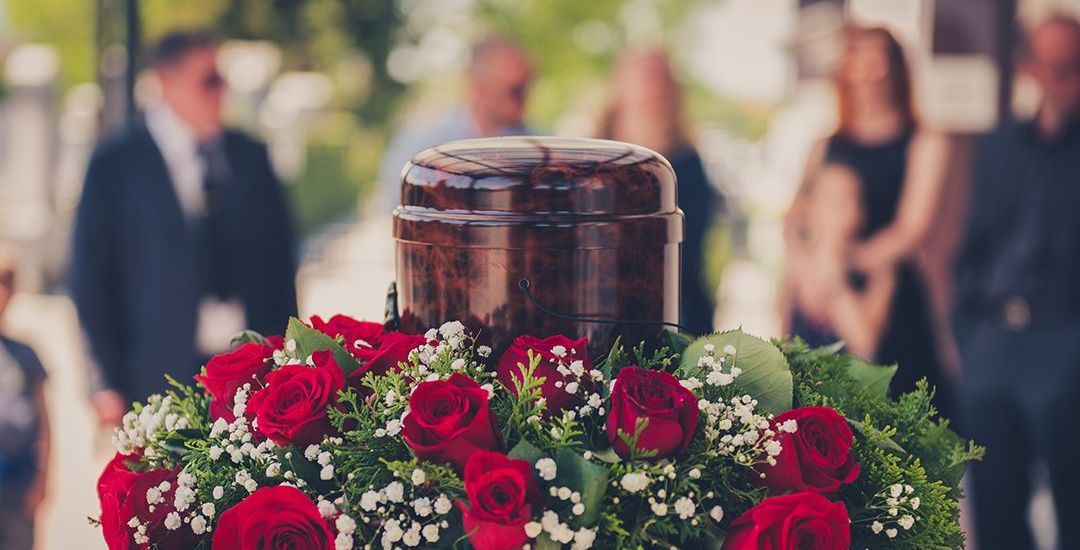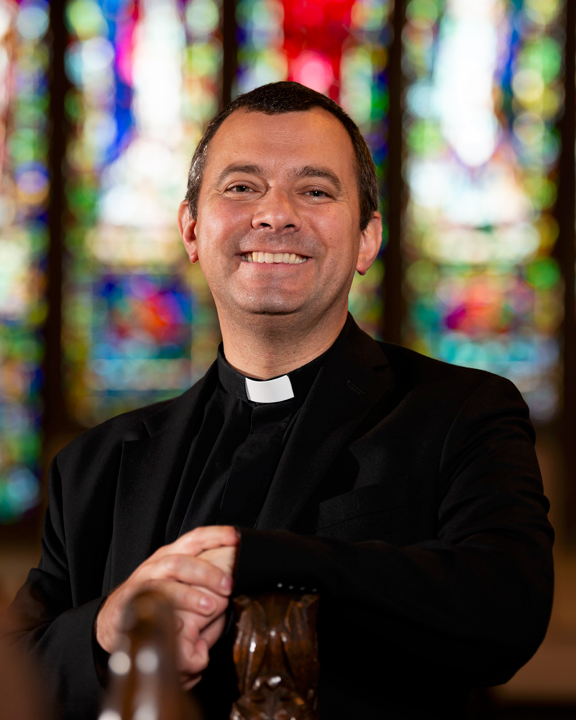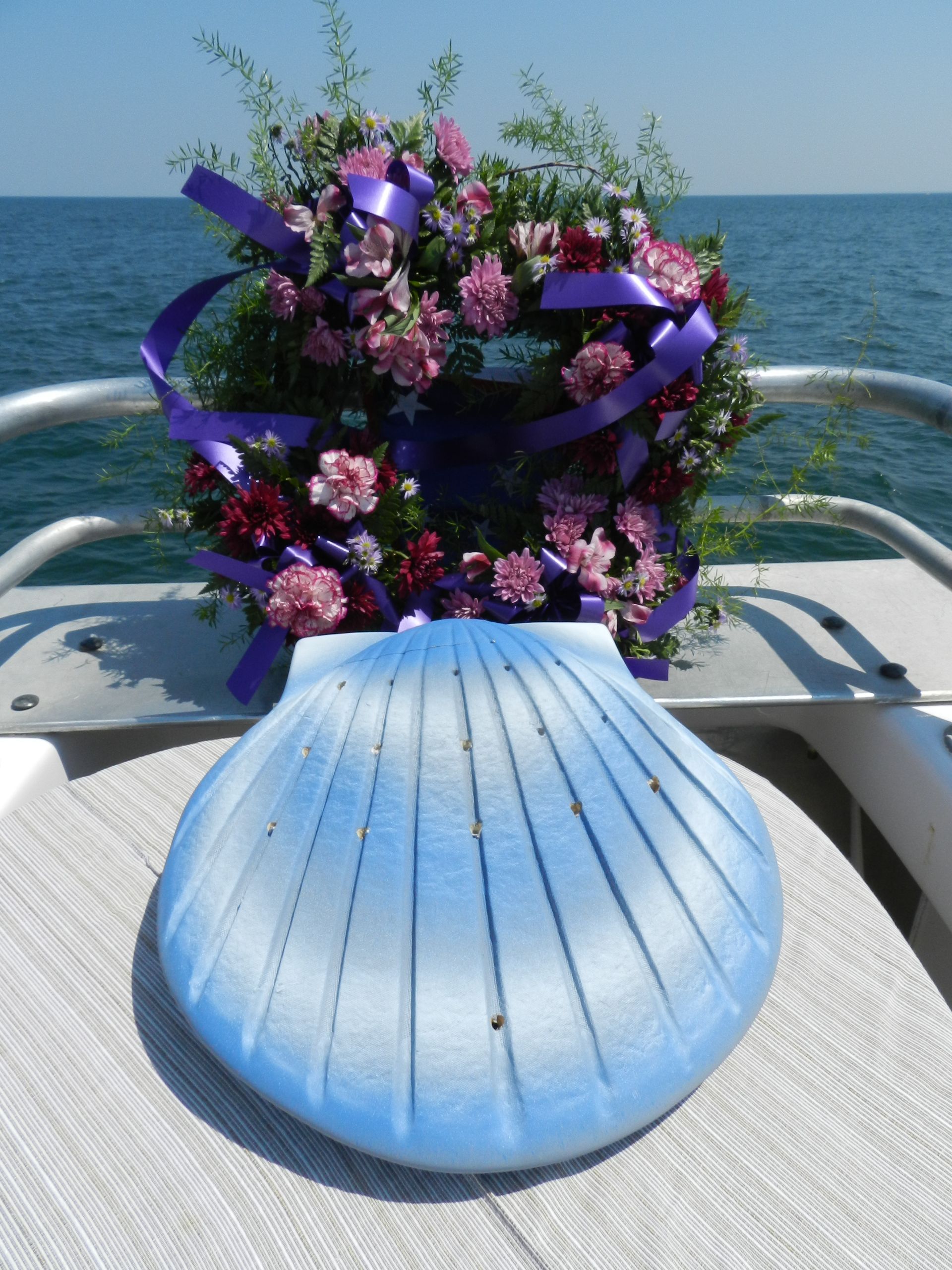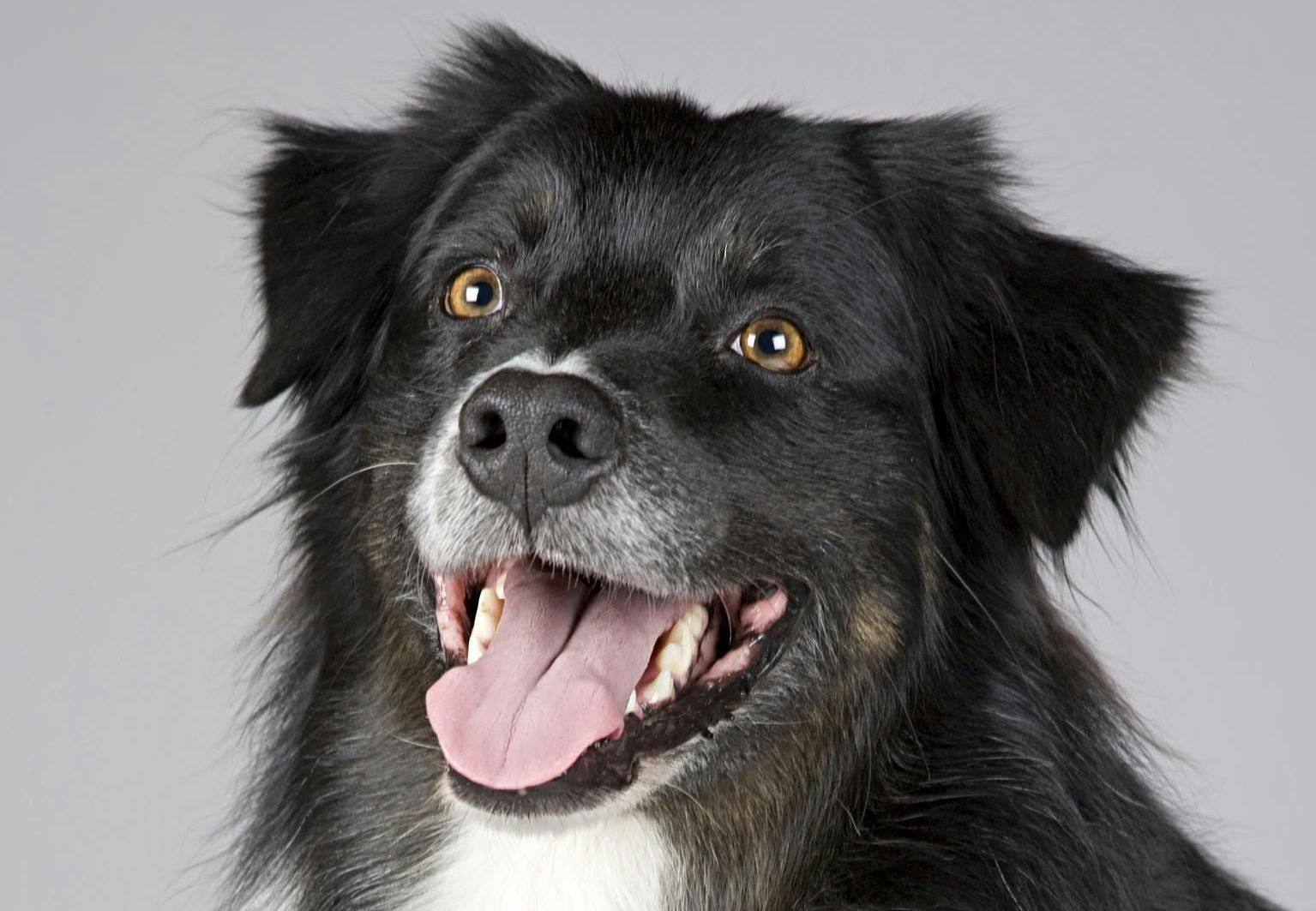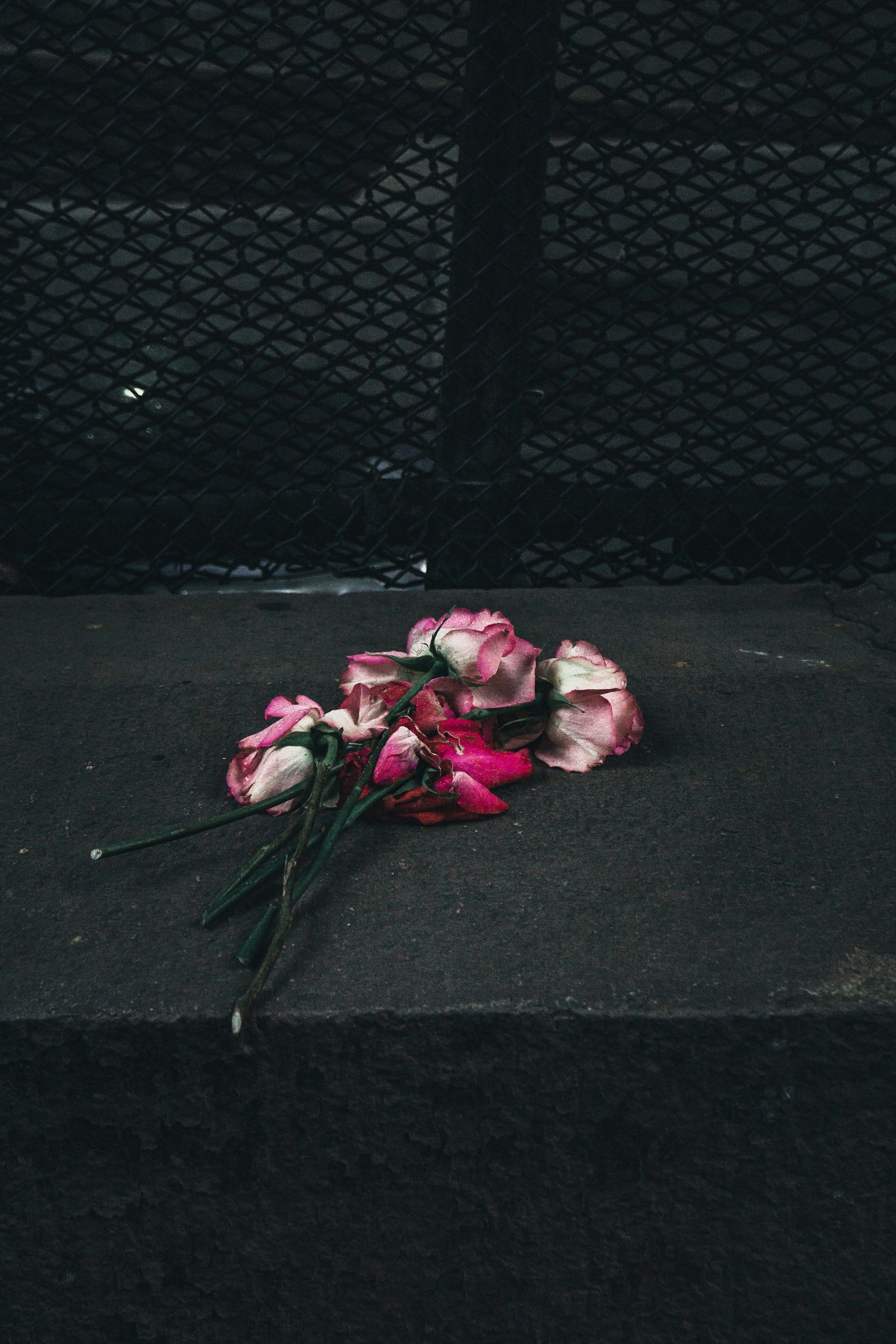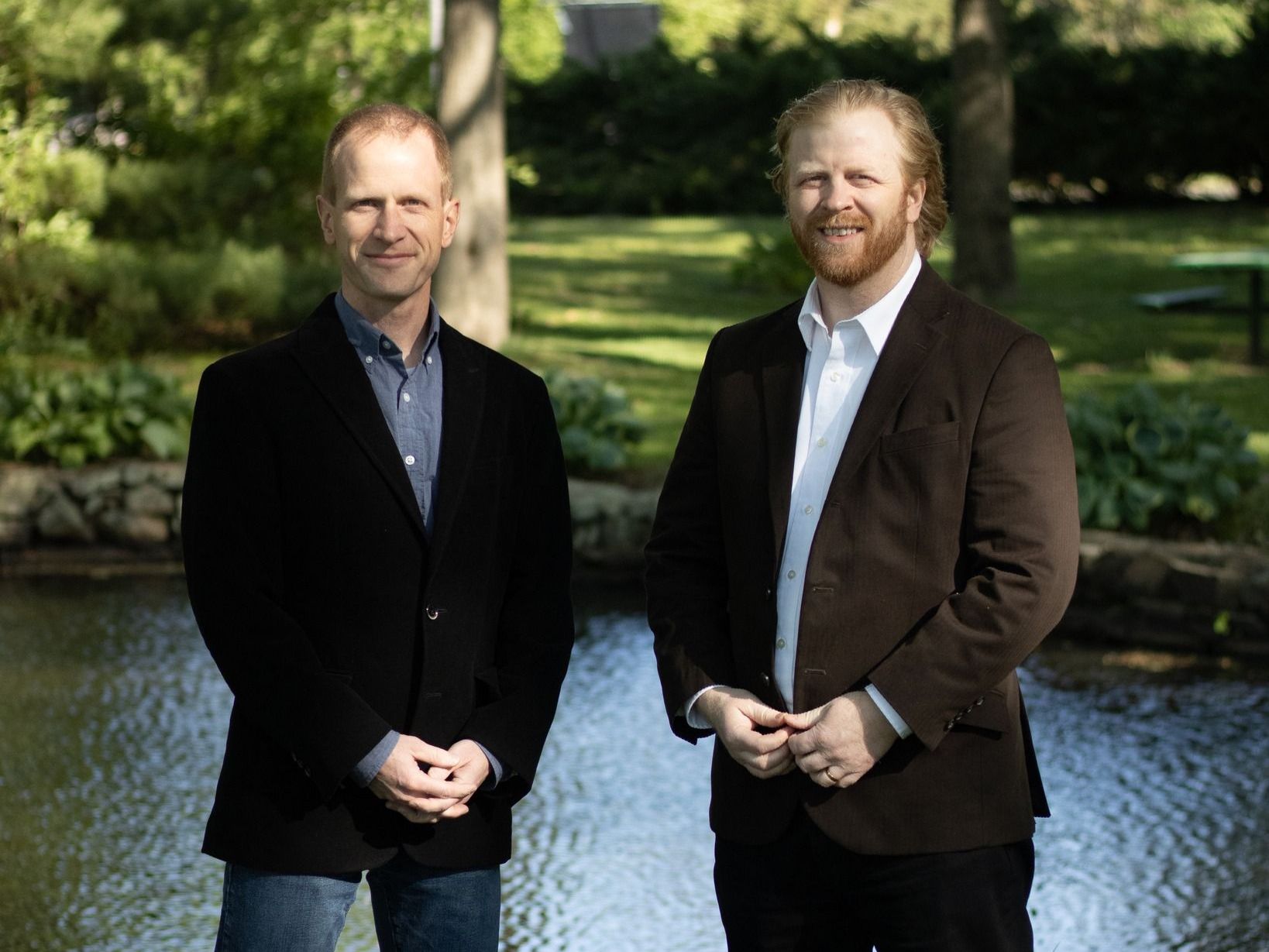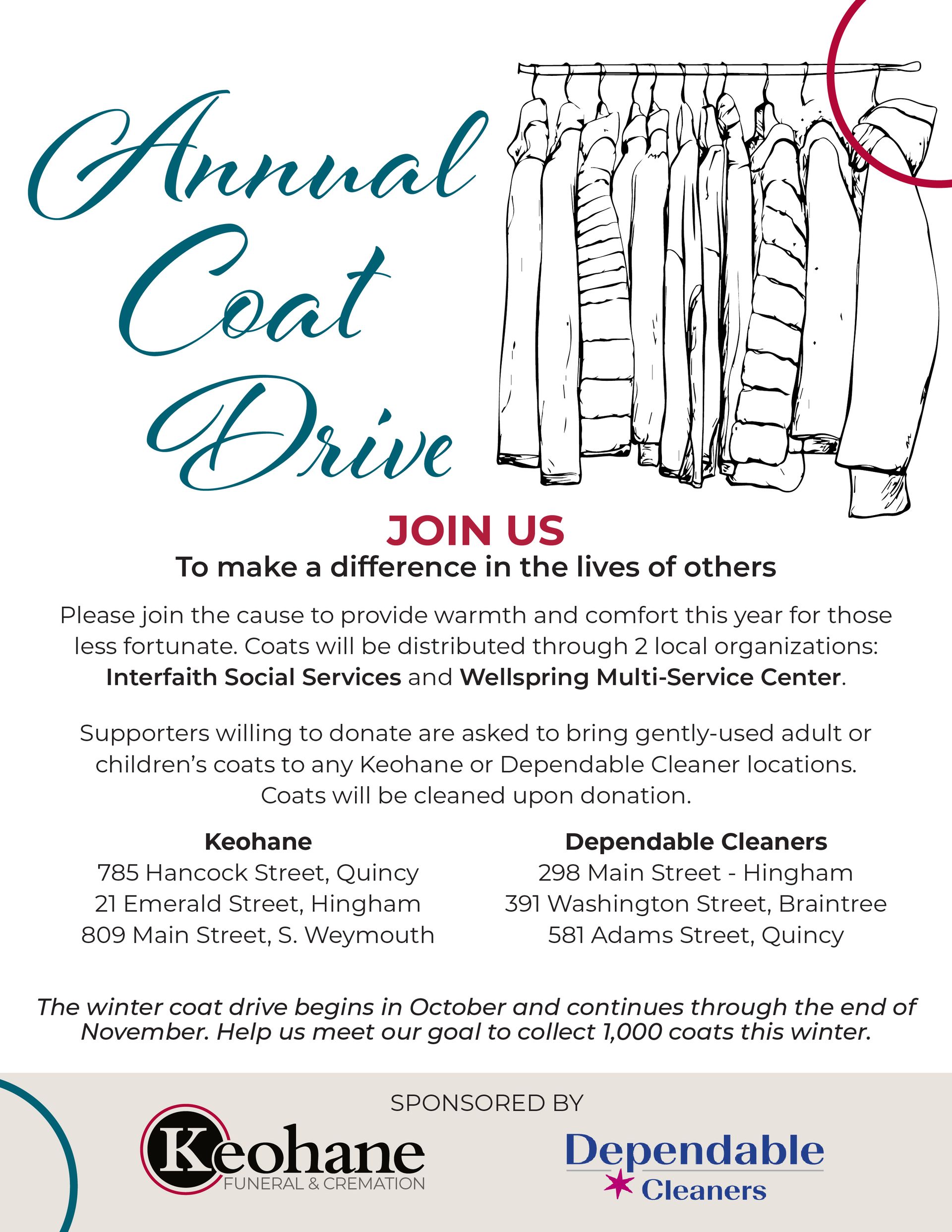By John Keohane
•
November 15, 2024
Community Spotlight: New England Burial at Sea LLC New England Burial at Sea , founded in 2006, is the largest coast-to-coast provider for customized ash scattering memorials and full body burials at sea in the United States. Based in Marshfield Hills, the company operates year-round from more than 87 ports and 86 different ships. Captain Brad White leads New England Burials at Sea LLC, and we spoke with him at length for this feature. How long have you been a ship’s captain? How did you get into ash scattering and full-body burials at sea? I’m from the South Shore originally, and earned degrees in management and marketing at Ithaca College. After 20 years traveling the world while working for Sharper Image in San Francisco, I left the product business for the ocean. I earned my Master Captain’s license in 2005, though I’ve been boating since I was a young teenager. One day, a fellow that we were doing a fishing charter for said, “Hey, can you scatter my uncle’s ashes?” I said “sure,” and so one become 20, then 2,000, and we became a real business. Now, we operate from Maine to Miami, San Diego to Seattle ports. The business has evolved from scattering ashes at sea off of Scituate with passengers aboard, and then we got into air scatterings, where we use a Cessna 172 high-wing aircraft and geo-target cremated remains over a special area for the family. We typically do that in the Northeast, where we have a better complement of airplanes. Burial at sea has a long maritime tradition for sailors that have passed away while at sea. How has this become a growing trend for consumers seeking a ceremeony for cremated remains or full body burials at sea? Around 2009, we started getting calls about full-body burials at sea. Selfishly, I kept saying no because I didn’t want to scratch the teak in the back of my really nice boat. Finally I realized that we can’t say no anymore, so I went to the Boston Public Library and studied full-body burials at sea back to the Constitution days and just replicated it. Then, we buffed up a 300-year-old tradition to be something special for families that choose to do a full-body burial at sea, because they’re different from a scattering family. How big is your team? With 80-something boats operating out of 80-something ports, it sounds like a large operation. It’s kind of like a champagne taste on a beer budget, because our model is not to own boats, it’s to use boats, very much like a Zipcar model. We use a boat for 2-3 hours and we don’t have to pay for a full-time crew or the service or the maintenance. We have about half a dozen people, three or four captains, a pilot, a PR person, a web person, an inside accounting specialist, and we’re growing by leaps and bounds. When we first started in the full-body side of the business, the United States, as reported by the U.S. Navy, did two in the year 2009. They don’t do very many, and they refer a lot of business to us, because we’re able to assemble and get out to sea in 2 to 10 days, while the Navy, at no charge, can take 6 to 18 months, which is gut-wrenching for a family. We’re very mobile and quick to react when necessary. We work with about 28 different religions, so we are compassionate and as specific to that family’s religion as we can be. How did people find out about your services? We had a pretty strong advertising campaign with radio, television, and print, and people learned about us. They learned they could do a full-body burial at sea. People often say, “I did not know how to do this, where or how to fulfill my loved one’s last and final wish.” They are quite relieved when they learn that we can make it happen for their family. Every time we take somebody, and we’ve taken thousands of people to sea over the years, we’re the talk of the town that next Monday when people say “hey, you know what I did this weekend?” And so when people learn about the full-body burial at sea, they say “sign me up! I’m not going to die now, but in the future I’d like to commit my body back to the ocean and feed Mother Earth.” We have over 2,350 pre-need families right now, and we do take reservations when somebody has a finite period. For instance, they want to go out next June 15 because their person has passed for scattering (of their ashes). You use old-fashioned cannonballs to weigh down the bodies. Where do you get the cannonballs from? I was at the funeral director show in Boston in 2009 and developed this with the Navy. The sea burial shroud that we use is made of organic cotton and designed to degrade. People want to become part of the ocean. So the funeral director puts the body into the burial shroud and brings the shrouded body to the final committal—the boat. We then have our at-sea service, which can include some readings and some music, and then we raise a Burgee flag, which is a yacht flag that has 8 stars on it to indicate the eight bells and watch blessing. We fly that flag in a person’s honor and hen we ring the bell 8 times, and then we choreograph to their favorite song, the placement of the cannonballs. The family usually picks up the four 37.5 pound cannonballs, 150 pounds in total, into the burial shroud. The cannonballs are made at a secret factory here in Massachusetts. We have the mold. The typical cannonball for Old Ironsides is 8 to 8.5 pounds; ours are 37.5 pounds. They’re designed to be part of the burial shroud, the bottom part separate from the body. This is one of our patent-pending ideas and they work really well. When it’s choreographed to music, the family can gently slide he body overboard and it goes quickly. Then we mark the coordinates where we are and fire off the ship’s cannon as a finale farewell. We circle the area then we come in, and we have to deploy in at least 600 feet of ocean depth. That’s different from a scattering, which needs to be at least three miles offshore with no ocean depth requirement. The full-body burials need to be at least three miles offshore and at least 600 feet of water depth. Here in Massachusetts, we depart out of Newburyport or Plymouth or Hyannis, and the typical round trip on a full-body burial is about six hours. In New York, it’s 12 hours round trip because we have to go out 100 miles to get to 600 feet of ocean depth. It’s a whole day, then. You make a whole day out of it. We help with catering. On a 12-hour day, we suggest a hot breakfast, cold lunch, and a hot dinner. On the way back now in the Massachusetts area, we suggest a hot breakfast and some roll-ups or similar foods on the way back. People sometimes want a full bar. We encourage responsible beer and wine on the way back but we prefer people leave spirits at the dock. It’s not a booze cruise, it’s a memorial cruise. And we have all types of things—people can add bagpipers, caterers, musicians or whatever they can dream up as long as it’s legal. Because the shroud is designed to decompose, what’s the impact on marine life? Are you feeding the ocean floor with the remains, in a manner of speaking? When everything biodegrades, the only things left are the cannonballs, and they have great value because they form their own reef. Reefs are structure and are good! They’re good for lobsters and small fish to hide in. So there’s a lasting ocean-friendly effect from that. Can family and friends attend services? Yes, friends and family can absolutely attend. Out of every 100 events that we have, 85 are scatterings, 10 are full-body burials and 5 are airplane scatterings. Eighty percent of these are civilian and 20% are military and people can absolutely come out. We do a fair number of unattended scatterings because folks are located on the West Coast and can’t make it, or they’re on a business trip overseas. We photodocument everything, and then we send them pictures, and we also optionally offer a GoPro unedited event video that they can share. We now have StarLink, the first in the burial-at-sea business, which allows us to have internet access up to 100 miles out to sea, so we can now broadcast worldwide in real time to Aunt Mary in London and cousin Joe in South Korea so they can see and pe part of what we do from afar. We can also FaceTime a scattering event so that friends and family can witness this in real time virtually. Doing so allows these folks to offer a reading or two for those aboard to also be a a part of, which is very therapeutic for those who can’t make the ocean journey. Tell us about the discounted Military Burials at Sea. What does that entail? During the first phone call, people say things like “Grandpa never really talked about being in the Army and he was in WWII.” And my first response is, well, the grandchildren should see what he earned in his achievements in the Army.” They’ll say okay, and then we’ll get the decedent’s DD214 discharge paper showing honorable discharge and then we arrange with the military--there are 5 different branches of the military-- to come to the boat prior to departure. I read about the 13 folds to the flag; I read about the soldier or sailor, I read what Taps means, and then I talk about the service people that are there and what their experience has been. Then I kick it over to the Color Guard and they unfold, fold, and present the flag while sounding Taps, which is quite nice and there’s not a dry eye in the house. Then we board that family on the vessel, do a safety briefing, and head three miles out to sea. That’s very poignant for the family that had a military loved one that passed away. We handle it 100%, we don’t charge for it, and it’s quite meaningful to the family. We do give a discount via making a donation in the decedent’s name to Wounded Warriors or the U.S. Coast Guard Foundation. We do that quite regularly. What’s the difference between scattering remains at sea and doing so over the ocean from a plane? What’s the benefit of scattering by a plane versus having the remains dropped from a boat? We do more female pilot scatterings by airplane than males and what’s pretty cool about that is that Charles Lindbergh created a product that we buffed up with my Sharper Image experience and rebardned it as the “Air Glide,” which allows you to geo-target cremated remains over a certain area. For instance, between Groton, Connecticut and Montauk, N.Y. or up by the Isle of Shoals, because Dad always vacationed in Maine and he was an avid pilot. We don’t bring the family with us because of liability. We have a tarmac-side family service and then we load the plane and put the cremated remains in the Air Glide device, which resembles almost like a bread bag. It has a Velcro air valve on it, and when we’re up flying, I open the starboard port window and then release the valve. The Venturi Effect is the rushing of air that pushes the cremated remains out of the device and not into the airplane—and we are photo documenting this all the way. When we take off, we scatter red rose petals on the first runway pass over the airfield and then we head out to sea, get about 400-1,000 feet of elevation and we try to find some whales, which are pretty cool, and then we circle the area, dip the wings, come back and meet the family and give them the exact coordinates with six burial certificate coordinate sheets showing date, time, latitude and longitude. Are there specific scattering locations so that people can remember where their friends and family were scattered? Yes. There are a gajillion lighthouses in the Northeast, all the way down to the Outer Banks. We tell folks, “when you look at the water, you’ll always see me.” So many times, they opt to go out near a lighthouse that they frequented growing up as a kid. Many times, there are harbors like in Scituate or Boston. There are three lighthouses, Boston Light, Graves Light, Minot Light, and of course Scituate Light. People like that a lot because rather than visiting a cemetery, people like to come back and see the lighthouse and say “that’s where dad started his next journey.” What’s a ballpark fee structure for your services? Scattering at sea unattended/photo documented is $975. For six passengers, it runs about $2,375. For up to 20 passengers, it runs about $3,875. For a full body burial, because we have a bigger fuel burn heading offshore, it runs $16,500 and that includes the boat, the burial shroud, the cannonballs, the crew, the admin fee, the vessel gratuity, and then on top of that are the funeral director fees like care and custody and paperwork. If they have an event in the funeral home and the body may have to be embalmed. We prefer unembalmed, refrigerated bodies. There's no law against it or for it. But the bottom line is, less is more, and it also helps them with their cost basis. So our cost is about $16,500 for full-body sea burials. What should people reading this Keohane Newsletter know about New England Burials at Sea? A number of things! One, we’re experienced, 21 years and counting. Two, we have white-glove customer service and we are a reflection of the funeral home. We strive to make everything as perfect as it can be, so that the funeral home hears “Hey, Dennis and John, that was an amazing event at sea” and it’s a reflection of them. Our goal is to cater to the people that are living, because we hear all the time, “Mary, Joe would have loved that” or “Bob, Mary really loved the ocean, and he did a really nice thing for her.” So we really cater to that part of the family dynamic group. We are proud to be working with the Keohane Funeral home group for just over twn years now They are Sea Burial Certified™ by us meaning they have been trained on best methods and practices both in the class room and while at sea. Keohane is really professional, flexible and eager to please their client family with our unique sea burial offerings. The other thing to know about us is that we’re properly licensed, we’re properly insured. People come from all over the world to use our services. We work with all of the militaries. We work with the FBI, the CIA, the Secret Service. They use us because we’re discreet and confidential and we do it right, we don’t cut any corners. The next piece is, we’re flexible, we’re reliable, we’re dependable, and we’re honest. We’re on the boats every day doing burials, not Joe on the lobster boat with flies and fish guts! Our people are well-attired, they’re experienced, and they’re compassionate. Learn more about Captain Brad White and New England Burials at Sea here: https://www.newenglandburialsatsea.com/ . You can reach Captain Brad via email: OceanBurial@aol.com or by calling 781-834-0112.
